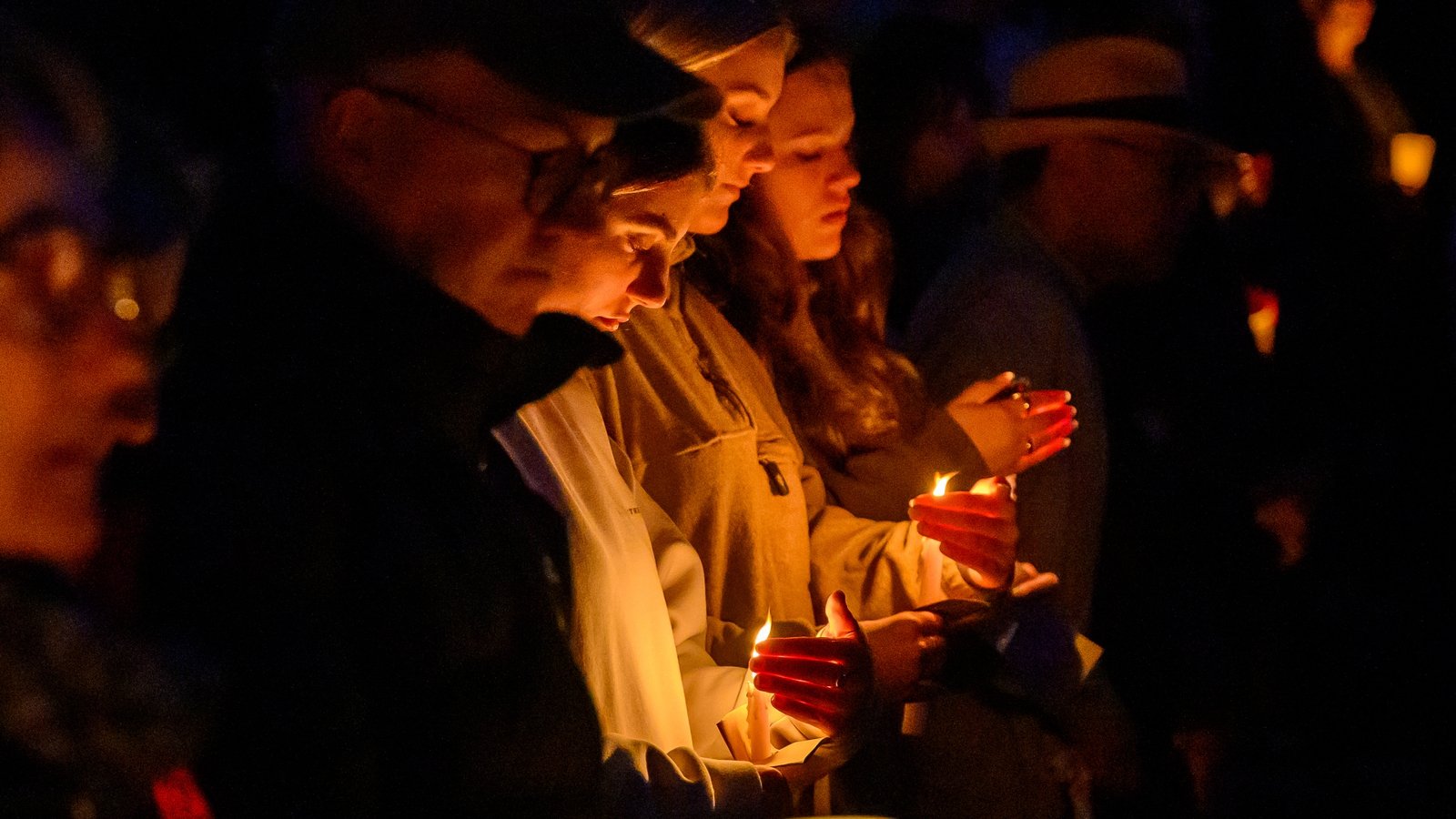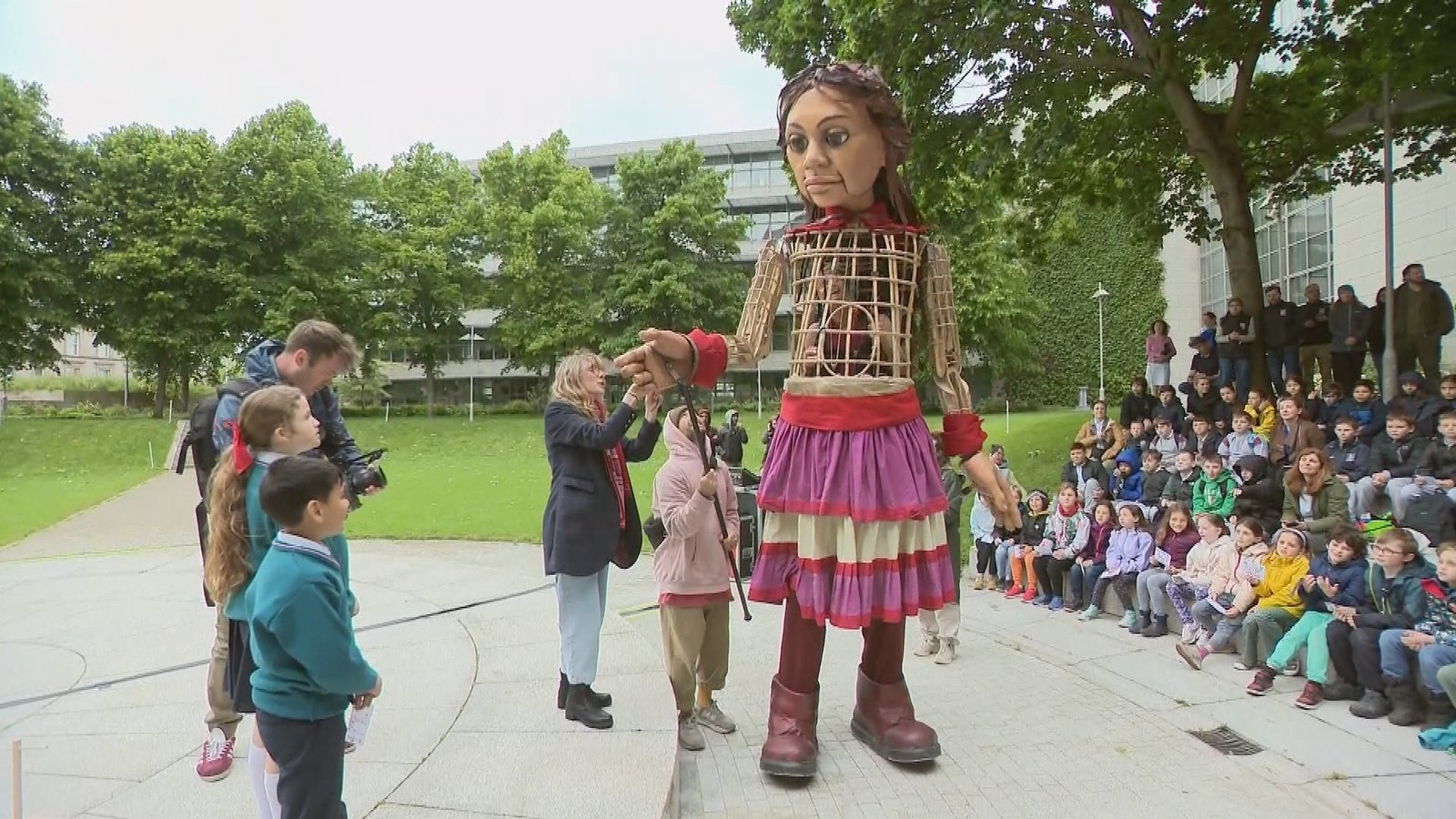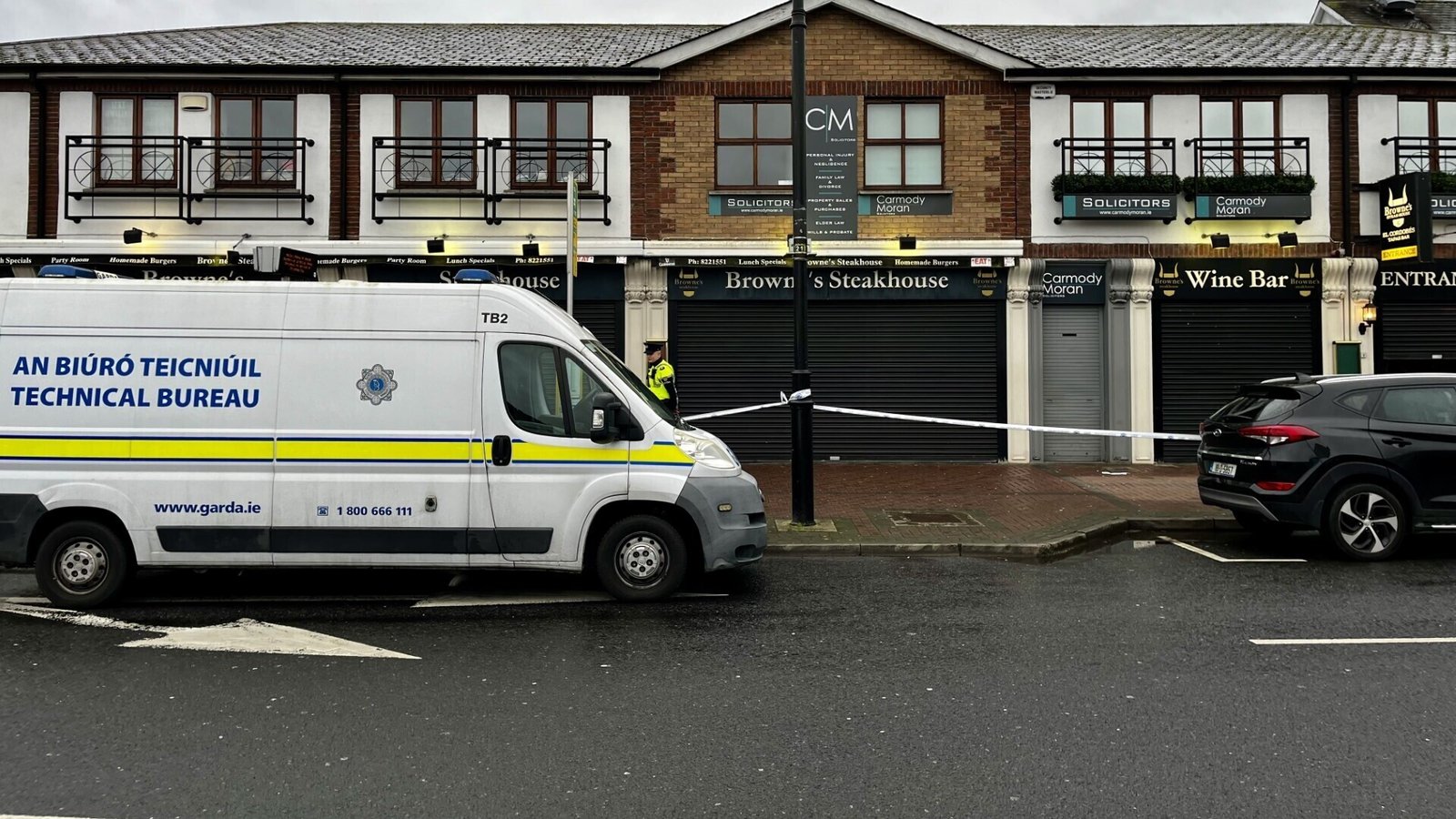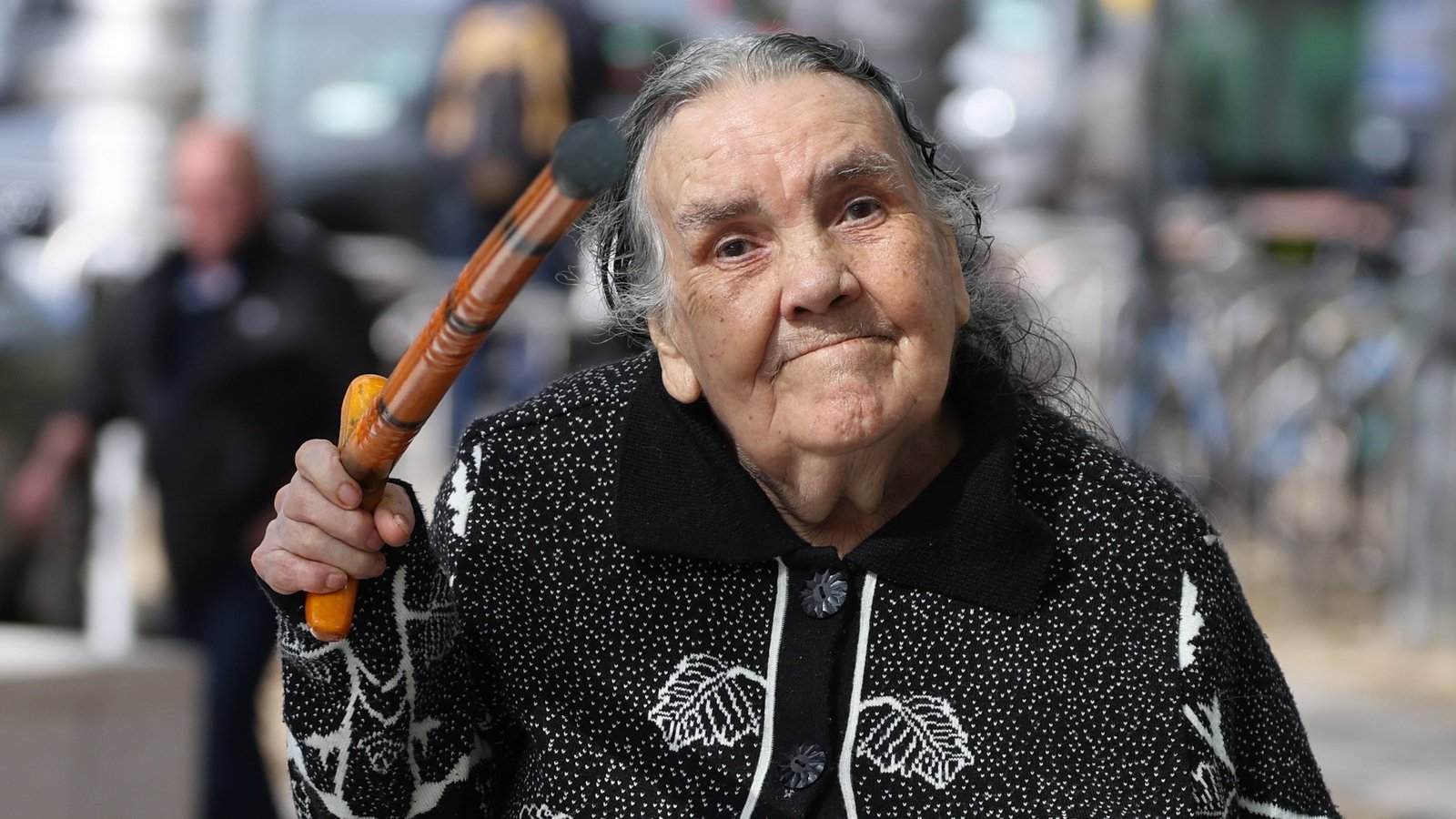Unions call for ban on employers ‘union-busting’ staff


A number of private sector unions have joined forces to call for cross party-political support for greater protections for employees in the workplace.
The ‘Respect at Work’ campaign is urging the Government to ensure that workers have a legal right to organise a trade union in their workplace and are protected from discrimination and dismissal while doing so.
The campaign calls for an outright ban of ‘union-busting’ by employers as well as stronger protections for union members so workers cannot be victimised or isolated for union activity.
The campaign is timed to coincide with the required transposition of an EU directive on minimum wages and collective bargaining, which the Government must write into Irish law by November of this year.
The directive requires countries where less than 80% of workers are covered by collective agreements to introduce new measures to promote collective bargaining between unions and employers.
It is estimated that around 34% of workers in Ireland currently have their wages and conditions bargained collectively.
“This campaign is demanding legal protections that would ensure that employee representatives and union shop stewards have the protections they need while representing the interests of their colleagues,” said campaign spokesperson and SIPTU Deputy General Secretary Ethel Buckley.
“We are calling for legislative change and the strongest possible transposition of this Directive in workers’ best interests, not a watered-down version that renders it meaningless,” Ms Buckley said.
SIPTU, Mandate, the FSU and the CWU have joined forces for the campaign which will be formally launched today in conjunction with the Irish Second-Level Students’ Union (ISSU).
“The reality is young people can join their student council and join their national students’ union for collective representation in second-level schools,” said Maeve Richardson, National Student Voice Organiser for the ISSU.
“We can join a union in college that is recognised without question but when it comes to the world of work, young people are confronted with major barriers to collective representation. This needs to change,” Ms Richardson said.





